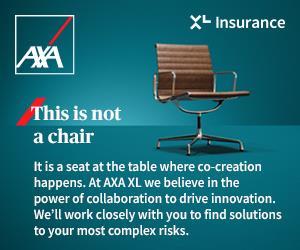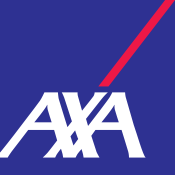Lockdown has prompted significant investment by many companies in intangible assets, as they adapt to the new environment. This includes human capital and digital platforms, according to a live Q&A at Day 2 of Airmic Fest.
Wednesday 23 September 2020
14:00: Session: Getting a grip on intangibles
As intangibles make up an increasing proportion of the value of organisations, there is a need to be more collaboration between risk professionals and other company stakeholders in order to better understand the value of these assets and the risks they may face, said Thomas Hoad, head of innovation at Tokio Marine Kiln.
“It strikes me that a head of brand and marketing is probably obsessing over how a brand is perceived, while legal is occupied with the patent portfolio and HR sees human capital as its job. As a non-practising risk manager it seems there is work to be done by the risk and insurance community to bring subject matter experts together in a coherent and unified way.”
The key is to establish a closer dialogue between subject matter heads while applying a risk lens, he said.
Everyone’s a stakeholder
For intangibles such as brand and reputation, everyone is a stakeholder, thought Alex Holder, director at Duff & Phelps.
“If 90% of the value of the business is in intangibles and goodwill, everyone from the CEO to each of the employees has a stake in it,” he said. “You need to understand which assets you invest more into as a business, and the risks associated with those assets.”
This is the approach that is being taken by Lisa Coomber, senior group insurance manager at Vodafone, in conversations with the company’s communications experts over managing reputational risk. It is a conversation she acknowledged had not existed in the past.
“In organisations like mine we have been living in our own siloes of managing our risks, and it’s time for all of us to come together to have a proper conversation,” she noted. “Often it isn’t until something goes wrong that you start talking about how you could have managed things better.”
Time to innovate
As a Lloyd’s insurer, Tokio Marine Kiln is both investing in understanding how to manage and mitigate the risks to its own intangible assets, while also innovating to come up with products and services that fit the needs of today’s organisations.
Hoad referenced the Future Minds initiative at Lloyd’s, which is looking at how to develop insurance capacity for emerging and development exposures that are currently underinsured. It has invited ten Airmic members to take part as underwriters, brokers and clients work together to develop new risk solutions.
“We need to use the amazing power of insurance to try and focus the lens slightly differently on the universe,” he said. “Whether it is bricks and mortar, cyber or a range of other risks, we need to get more comfortable identifying and applying the same risk lens whether it’s a building or something more intangible in nature.”
For the insurance industry - which has often been accused of being a laggard in its adoption of new technologies - the pandemic forced its hand as the industry made the leap from being a physical to a virtual marketplace.
While the physical infrastructure of a trading environment has been critical for the 330-year old Lloyd’s market, it was able to successfully adopt a digital placement strategy during lockdown, said Hoad.
“Most of Lloyd’s is now operating on PPL and we’ve found a whole host of new ways of communicating with each other, a case in point being Airmic Fest. Clearly using our data to do digital trading and interpret data in a digital medium becoming more important to us.”
Putting people first
Human capital is another area that Hoad felt was becoming more important to organisations as they navigate the COVID-crisis.
“One of the things that’s really stood out for me (and I’m a mental health first aider) is that wellness generally is such a key intangible for businesses today. I feel quite strongly that mental health and wellbeing is one of the things that has come to the forefront during lockdown as we all work out how to be kind to each other in the workplace but also in the virtual environment as well.
“The conversation has worked its way up to executive meeting tables as well,” he added. “In our organisation, preserving our talent base and thinking about wellness is something chief executives have taken on board and ensured is part of our culture going forward.”
In partnership with
Lockdown has prompted significant investment by many companies in intangible assets, as they adapt to the new environment. This includes human capital and digital platforms, according to a live Q&A at Day 2 of Airmic Fest.






















No comments yet